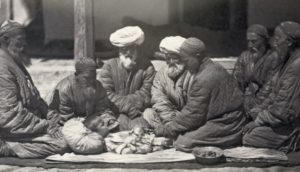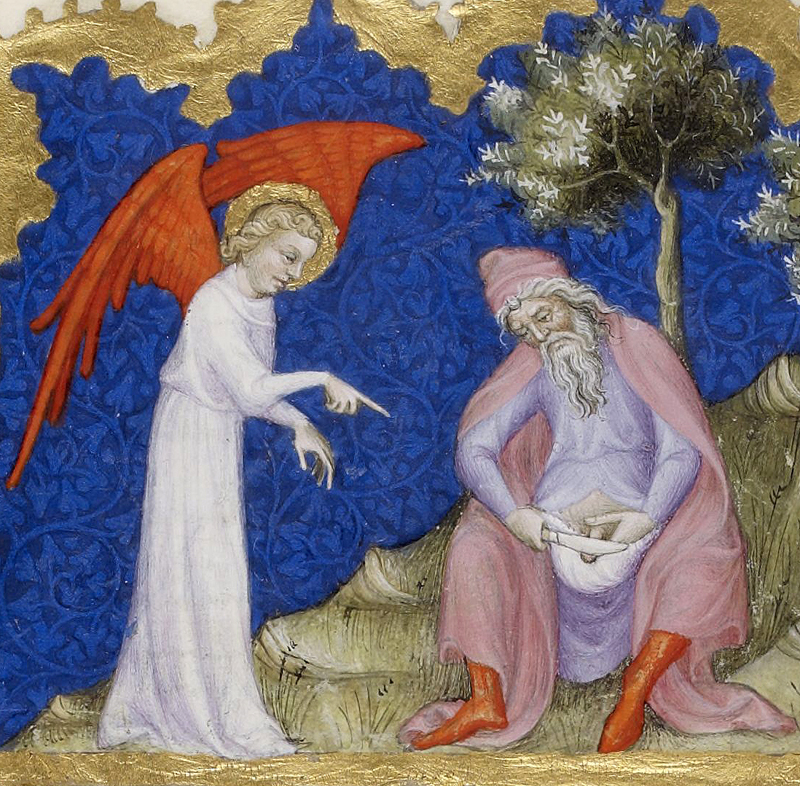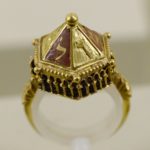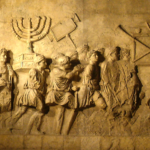The focus of this article will be confined to Jewish practices and traditions alone to maintain relevance to the title. The New Testament may make a contribution to a more general discussion on the topic, and as this is a Jewish rather than a Christian topic I will avoid any such reference in this article.
The covenant of circumcision (known in Hebrew as brit or bris milah), is a religious ceremony that marks the entry of Jewish boys into the covenant between God and Jewish people.
The Mohel
The circumcision is performed by a specially trained circumciser known as a mohel. This takes place on the eighth day after birth even if this falls upon a Sabbath or Holy day. However, in the event of medical problems, the ritual is postponed until the child has recovered.
The ceremony usually takes place at home in the presence of friends and family. During the ceremony, the child is usually held by a grandparent. After the ceremony, the family and friends have a celebratory meal.
Prophet Elijah
It is believed that the Prophet Elijah presides over all Jewish circumcision ceremonies. For this reason, an empty chair is put in place for him. Elijah was a strong advocate of circumcision in a time when the ritual had been forsaken by some.
Origin of the circumcision in Judaism
The tradition of circumcision in Judaism has its origins in the covenant between God and Abraham in the book of Genesis, whereby God promises that Abraham will be the father of nations and that he will be given the land of Canan. In return, Abraham must be circumcised, as must every male in his household.
God commands that every boy shall be circumcised when he is eight days old. This covenant is eternal and as such, it extends throughout all the generations. In Genesis, God also states that the uncircumcised male will be ut off from his people (Genesis 17:1 14).
Although the tradition is traced back to Abraham in Genesis, there were periods in biblical times when circumcision was not practiced. When the Hebrews came out of Egypt they were circumcised. However, those born in the wilderness were uncircumcised. Before they entered Canan and celebrated Passover the were circumcised at Gilgal (Josh 5:2-9).
Circumcision as a Requirement for adult male converts to Judaism
Circumcision is also a requirement for adult male converts to Judaism, although the tradition has not always been followed by some of the Liberal movements within Judaism.
 The practice of circumcision is not without controversy even within Judaism. Some argue that the practice may be harmful or at least unnecessary, Medical benefits of circumcision are often used to counter the anti-circumcision arguments. Both sides miss the whole point of the practice. Religiously, it is performed simply because God commanded it.
The practice of circumcision is not without controversy even within Judaism. Some argue that the practice may be harmful or at least unnecessary, Medical benefits of circumcision are often used to counter the anti-circumcision arguments. Both sides miss the whole point of the practice. Religiously, it is performed simply because God commanded it.
Despite the existence of an anti-circumcision movement, the Jewish attachment to this covenant is undoubtedly strong. It is in many ways integral to Jewish identity. Even Jews who do not practice their religion still feel the need to have their sons circumcised. It is interesting to note that even amongst atheistic groups within Judaism the practice of circumcision persists.
It is perhaps the penalty of kareit’, the uncircumcised being cut off from the people that help to perpetuate the practice even amongst the less religious.






